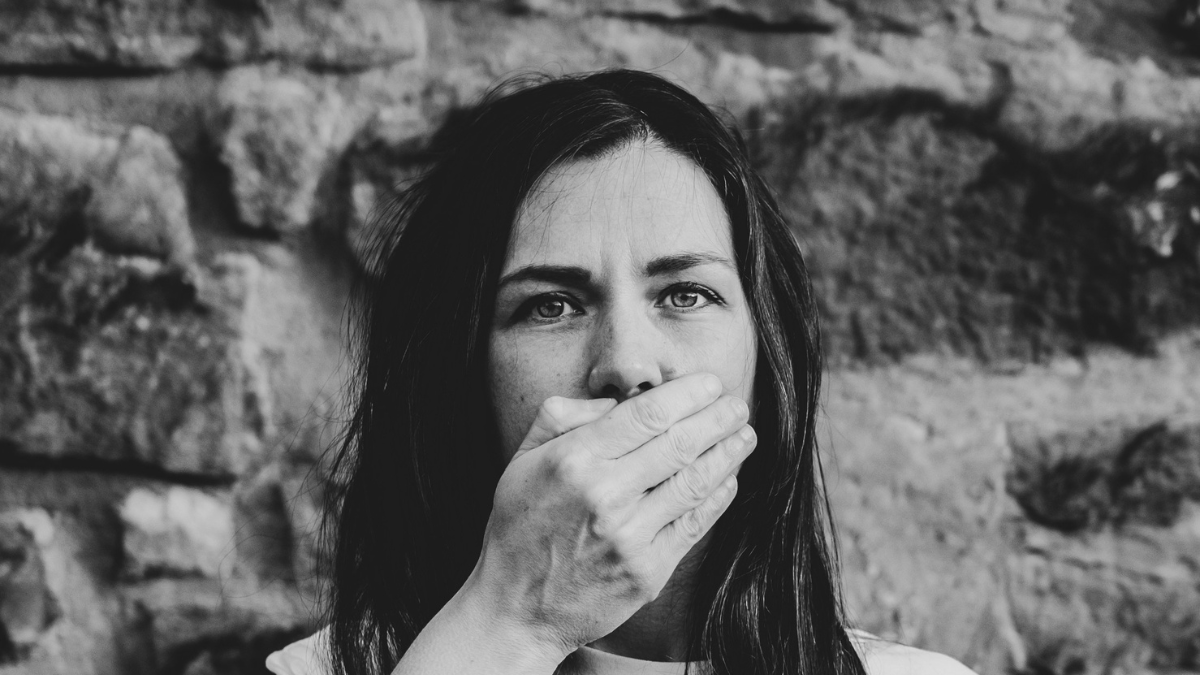

BreakPoint
Black and Beautiful
What's a church to do when its neighbor is a convenience store, whose main attractions are liquor, lottery tickets, and the drug deals taking place on the sidewalk in front? Well, Metropolitan Baptist Church in Washington, D.C., knew what to do: It purchased the store. Church members hauled away the liquor signs, tossed out the rotting food, and painted over the graffiti. Today the store is renamed Fish and Loaves. Alongside the cheese and salami, shoppers can browse through Christian books and magazines. The point of buying the store is not to turn a profit, says the church's senior pastor. The point is to spread the Gospel and revitalize the neighborhood. It's part of a holistic vision of ministry— ministering to the entire person and the entire neighborhood. A vision that's spreading to inner-city churches across the nation. In the Anacostia section of Washington, Ambassador Baptist Church bought an apartment building, which it uses for a preschool, a food distribution center, and a home for hospital outpatients. In Detroit, Hartford Memorial Baptist Church bought eight blocks of inner-city decay and turned it into a bustling shopping complex, with several fast-food restaurants and auto shops. In Queens, New York, Allen African Methodist Episcopal Church turned dilapidated stores into a thriving shopping district and built a housing complex for seniors. Our inner cities have become spiritual and cultural wastelands. High crime rates have driven out businesses, shops, recreation centers, and other community resources. But in this wasteland, many black churches are building an oasis where people can rediscover normal community life: places where people can work, shop, eat, or take classes without the shadow of constant fear. Historically, of course, the church has always been the center of the black community. But during the civil-rights movement of the 1960s, many young black people turned their hopes to politics. Thousands of young people joined the civil-rights movement, starry-eyed with the dream of freedom. There followed civil-rights legislation and government-funded community development programs. And as these programs sprang up, the church began to cede much of its advocacy role to them. But instead of getting better, the decay in the inner cities continued to decay. Today the hard truth is hitting home that government programs can't do the job. Real change comes only from inner transformation; it's a product of spiritual renewal. That's what the church can offer. By running desperately needed businesses and social services, inner-city churches are demonstrating that spiritual renewal is the path to practical renewal. Christians ought to be boldly pointing out what churches are doing to restore the inner cities. They're not doing it by begging for federal money but by building communities that express God's love in concrete, practical ways. Whether it's buying a convenience store, running low-income housing, or tutoring school children, churches are showing that God's Word is tough enough to bring new life even to our dying inner cities.
10/14/94















